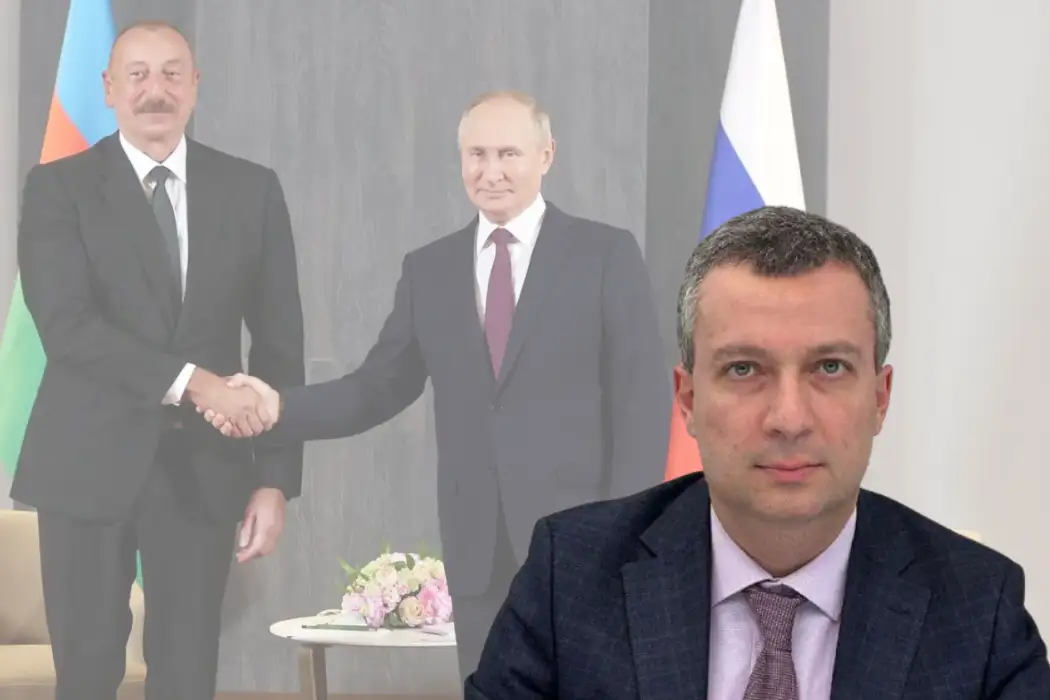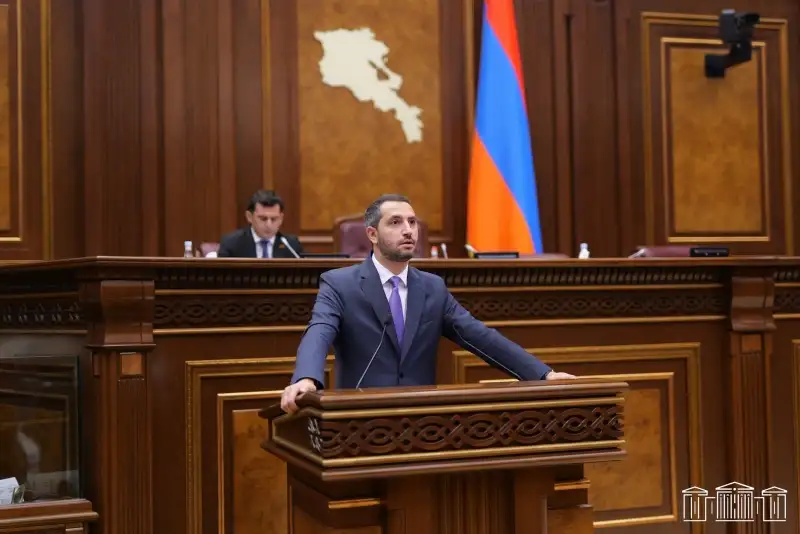Yesterday, Russian President Vladimir Putin met with Azerbaijani President Ilham Aliyev in Dushanbe. This was their first meeting after a long break in relations and tensions. The conversation focused on normalizing relations between the two countries and discussing the problems of the past year.
Radar Armenia spoke to Beniamin Poghosyan, a senior expert at the APRI Armenia analytical center, on the topic.
- After a long break in relations and tensions, Putin-Aliyev met. How would you describe the meeting?
- In Azerbaijan-Russia relations, there are several main problems. Still, the most important one is that Azerbaijan wants Russia to change its attitude towards Azerbaijan: no longer treat it as a small post-Soviet state, but as a regional leader to be reckoned with. The main problem, it seems to me, is this: the rest—the plane tragedy and several other developments—was more of an accompanying process. Regardless of the leaders' meetings, tensions in the deep relations will remain.
- Relations between Russia and Azerbaijan have thrived this year. Aliyev stated during his meeting with Putin. What did this statement mean?
- Theoretical relations have developed, we see that trade turnover is growing, and Azerbaijan plays a specific role in that North-South international corridor, I mean India, Iran, Azerbaijan, and Russia. In other words, there is that, but I say again, Azerbaijan's deep-seated demand for Russia to change its attitude. If Russia does not do this, it does not mean that there will be no relations; the economy will not develop; there will be no trade. No, but in a political, *strategic sense, relations will remain tense. And if Russia changes its attitude towards Azerbaijan, then, in a strategic sense, the normalization of relations is possible. Although several problems will remain, starting with Azerbaijan's intensive promotion of the idea of creating a pan-Turkic world and its presentation as an essential link between Turkey and Central Asia, which is naturally problematic for Russia, where the Turkic world —mainly Central Asia —poses additional problems.
There is another problem: the Republic of Artsakh, because with it, Russia was deprived of leverage in the South Caucasus. It is unlikely that they will forget about it in Russia. But in any case, if Russia accepts Azerbaijan's new role, a normative framework for relations is possible.
-Can we say that the Russian-Azerbaijani tension, at least the situation that has been exacerbated in the public sphere, is in the past?
-There will be some mitigation in the public sphere, but in the long term, in strategic terms, everything depends on whether Russia will accept the new role of Azerbaijan or not.


















